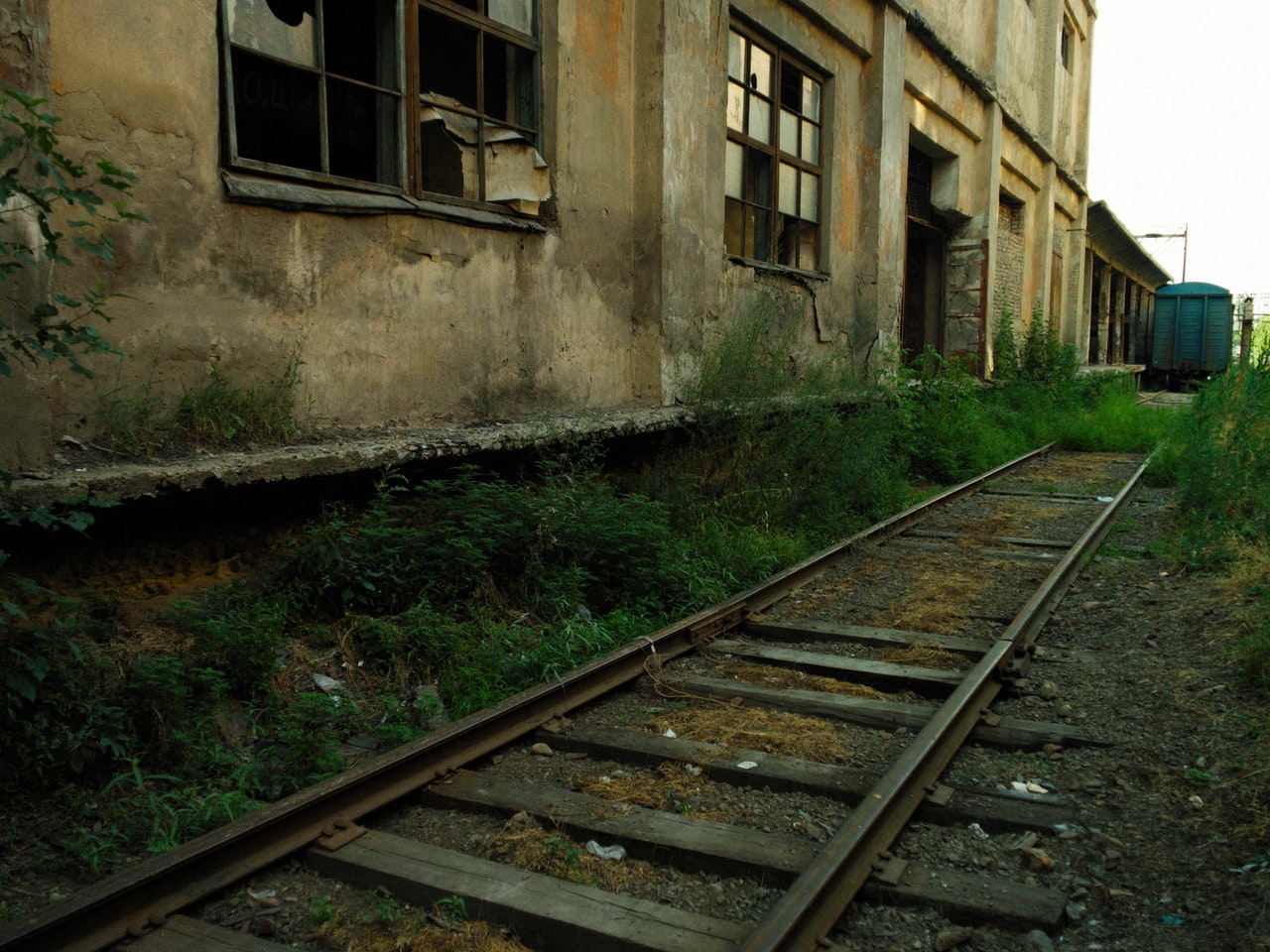Force majeure is a legal construct that is common in agreements. It allows for one of the parties to be released from liability in a scenario where the ability to perform under the contract is made impossible based on unforeseeable circumstances.
As you can imagine, this becomes open to interpretation and all kinds of fighting. The only winners in these scenarios are the lawyers.
On Thursday, both Thungela and Exxaro announced that Transnet had notified them on 8th April that the state-owned company was now operating under force majeure.
Transnet was already underperforming in these contracts, with just 58.3Mt of coal delivered to the Richards Bay Coal Terminal in 2021 vs. annual capacity of 77Mt. In other words, Transnet has been letting every taxpayer down at a time when coal prices were flying and local producers were trying to take advantage of an upswing in the cycle.
The factors that Transnet is using to justify the force majeure are legal proceedings relating to the irregular locomotive acquisition and maintenance contracts, as well as “rife vandalism” on the coal line. Thungela chose not to give its view on whether these are truly beyond Transnet’s control, while Exxaro was blunter in its view that it disagrees with Transnet’s assessment.
Because Transnet was so broken already, Thungela notes that it doesn’t believe that this development will have a material impact on the 2022 operational outlook. Exxaro’s view was that the impact cannot be determined until negotiations are finalised.
Transnet hopes to conclude new five-year agreements with the coal exporters by 30 June 2022. This is sadly a perfect example of South Africa scoring yet another own goal.




